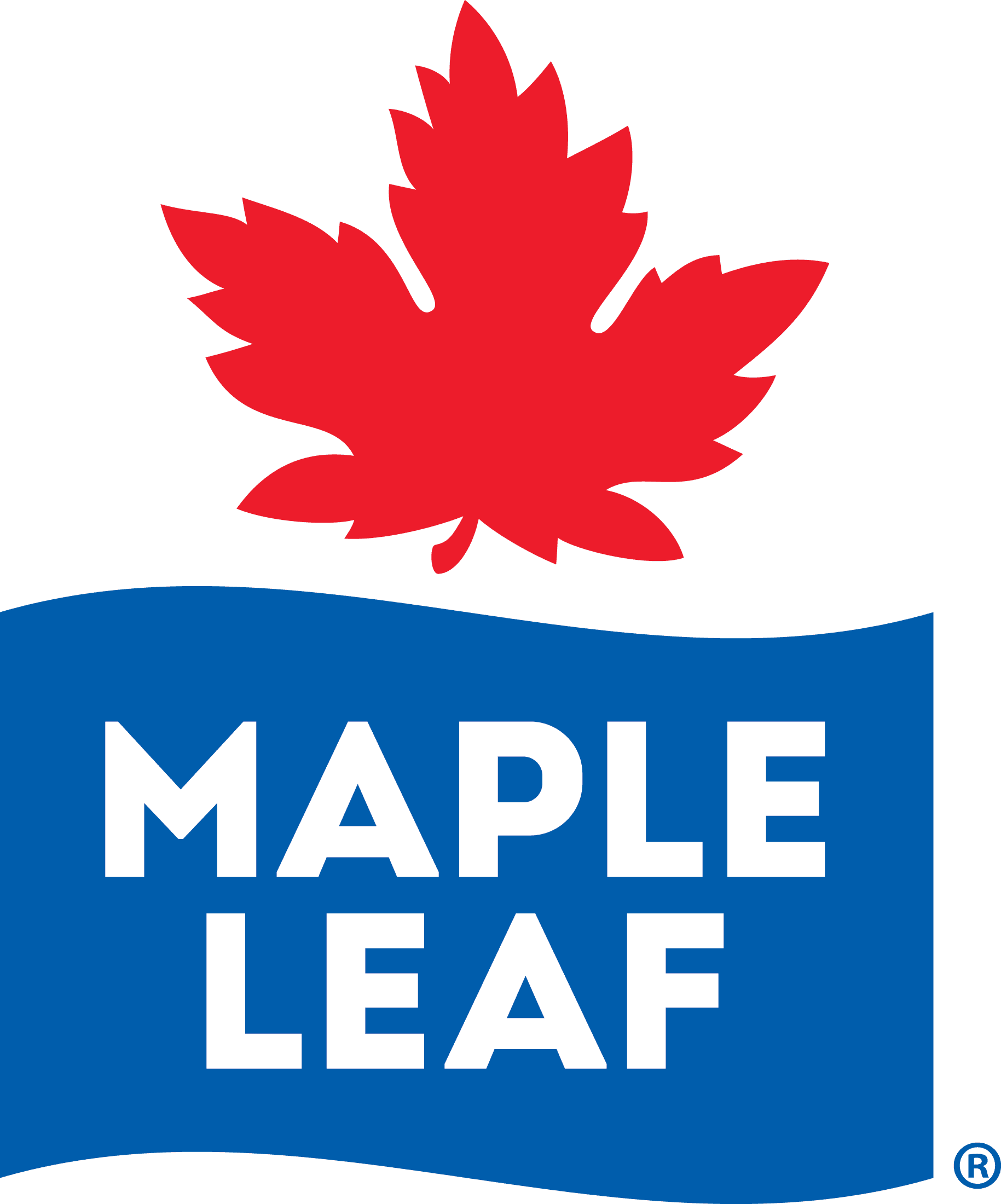2024 Integrated Report
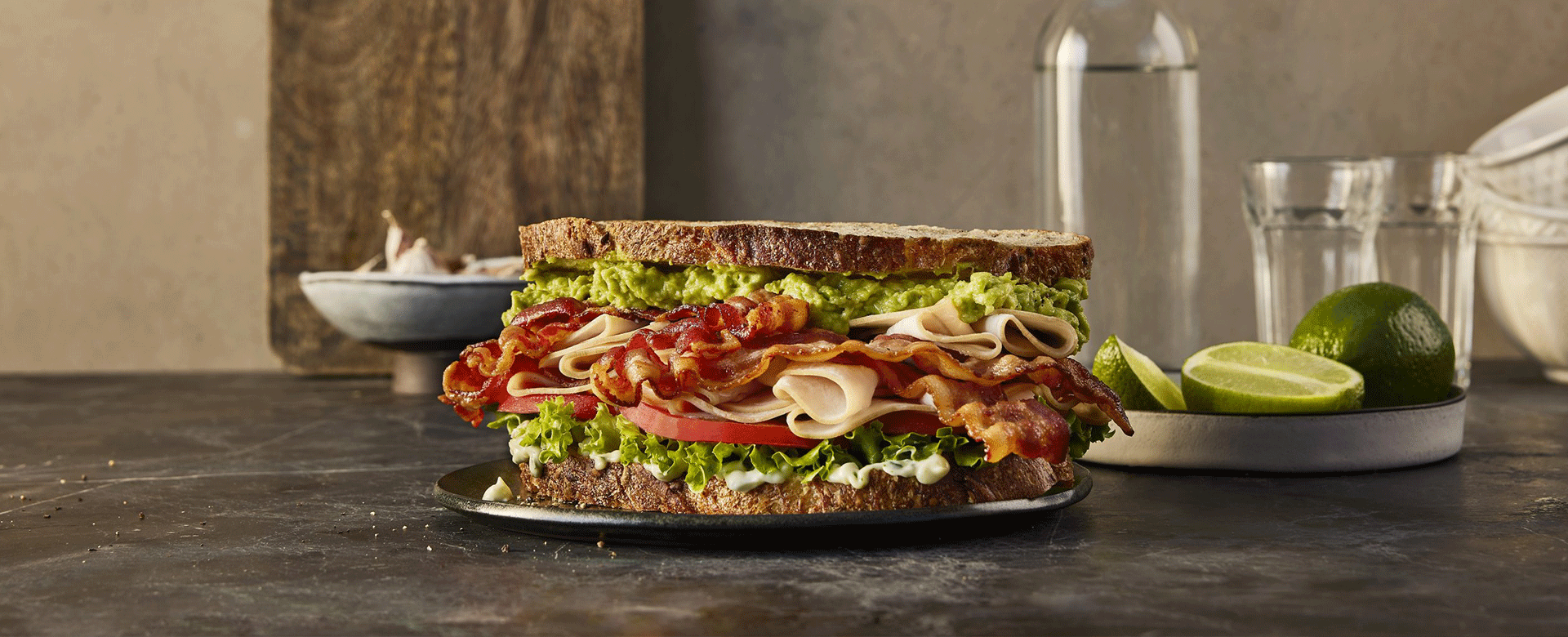

We are pleased to present our annual Integrated Report highlighting our sustainability and financial performance for the year 2024. This report serves to illustrate how we generate long-term value for our stakeholders through strategic initiatives, strong leadership, and a commitment to transparency.
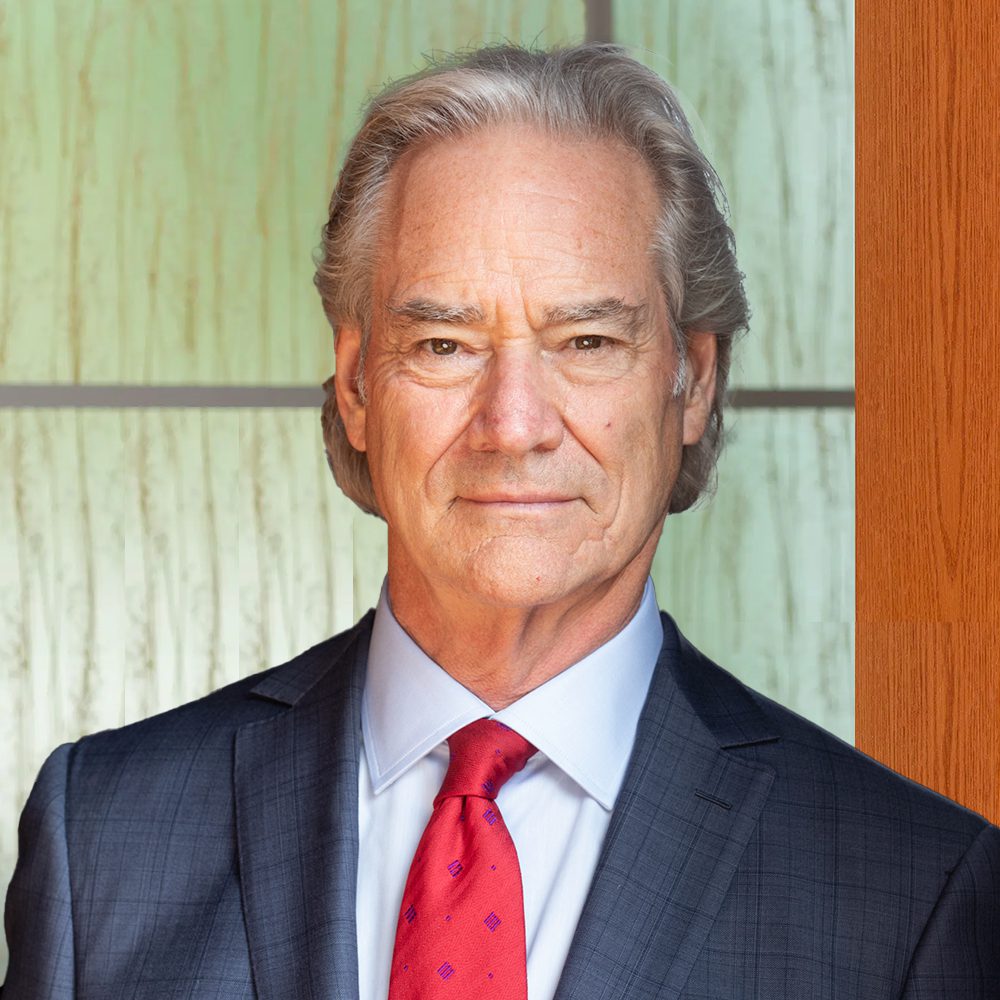

A Message from the Executive Chair
"On behalf of the Board of Directors and all Maple Leaf Foods’ stakeholders, I want to congratulate Curtis Frank, CEO and the entire team for delivering an impressive year. They have guided our company through a time of critical and necessary change to further strengthen our businesses and profitability, while delivering excellent financial results and sustained momentum over the past several quarters."
Michael McCain, Executive Chair at Maple Leaf Foods Inc.
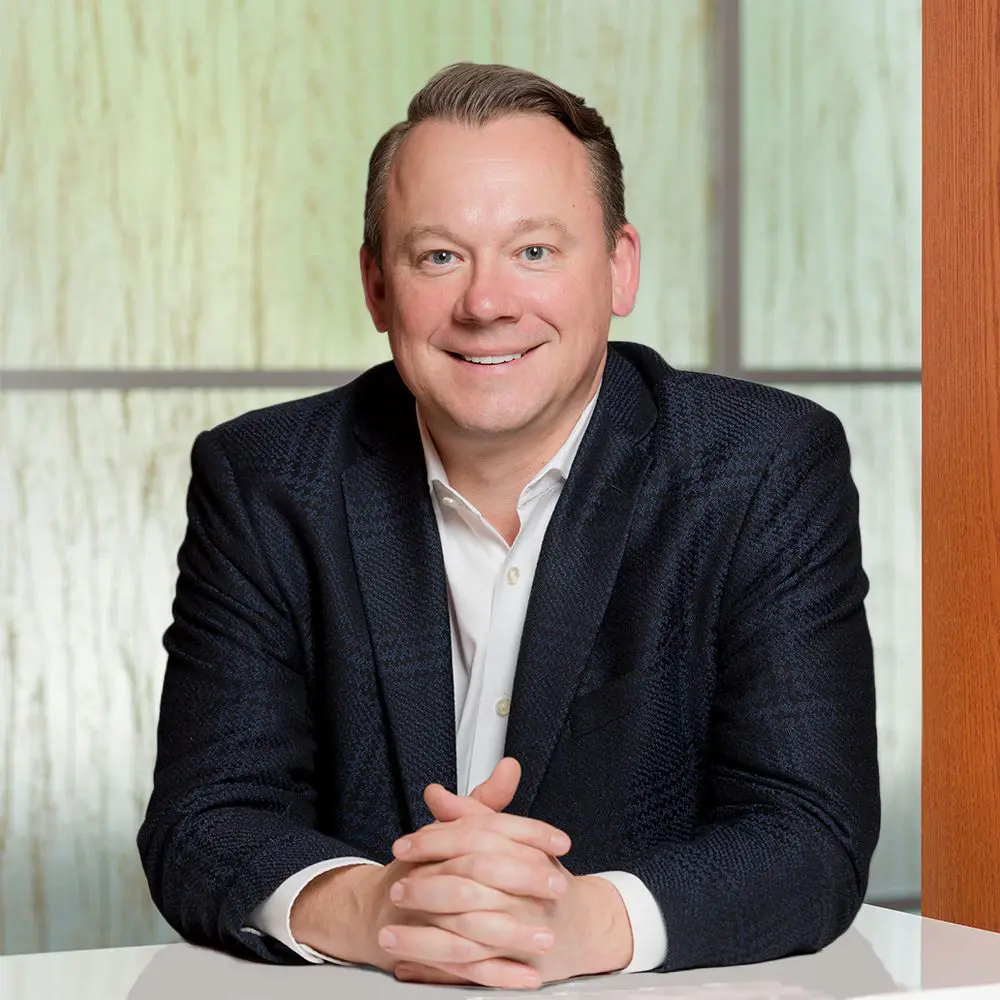
A Message from Our President and Chief Executive Officer
"2024 was a year of transformation and promising progress for Maple Leaf Foods as we celebrated our 5th anniversary as a carbon neutral company. We maintained a strong executional focus as we achieved the full benefits of our London Poultry facility and Bacon Centre of Excellence in Winnipeg, among other programs aimed at driving efficiency and growth. Furthermore, we refreshed our Strategic Blueprint and the strategies that guide us as we continue to strive to achieve our Vision, to be the most sustainable company on Earth, and our Purpose, to Raise the Good in Food. I am incredibly proud of the strides we've made and our many remarkable achievements which are helping us create shared value for our stakeholders."
Curtis Frank, President and Chief Executive Officer at Maple Leaf Foods
2024 at a Glance:
Company
$4.9B
total sales
Animals
93%
of owned sow spaces transitioned to Advanced Open Sow Housing
Planet
15.6%
reduction in Scope 3 emissions intensity since 2018
People
0.37
world-class Total Recordable Incident Rate
Planet
250,000
acres of crops harvested with measured and documented regenerative agriculture practices
Company
~13,500
Team Members
Communities
$13M+
committed to-date for food security initiatives through the Maple Leaf Centre for Food Security (the Centre)
Animals
98.9%
reduction in antibiotics usage across our hog operations since 2014
Food
459,000+
food safety and quality tests conducted
People
44%
women representation in management outside manufacturing
Food
100%
of our facilities are Global Food Safety Initiative (GFSI) certified
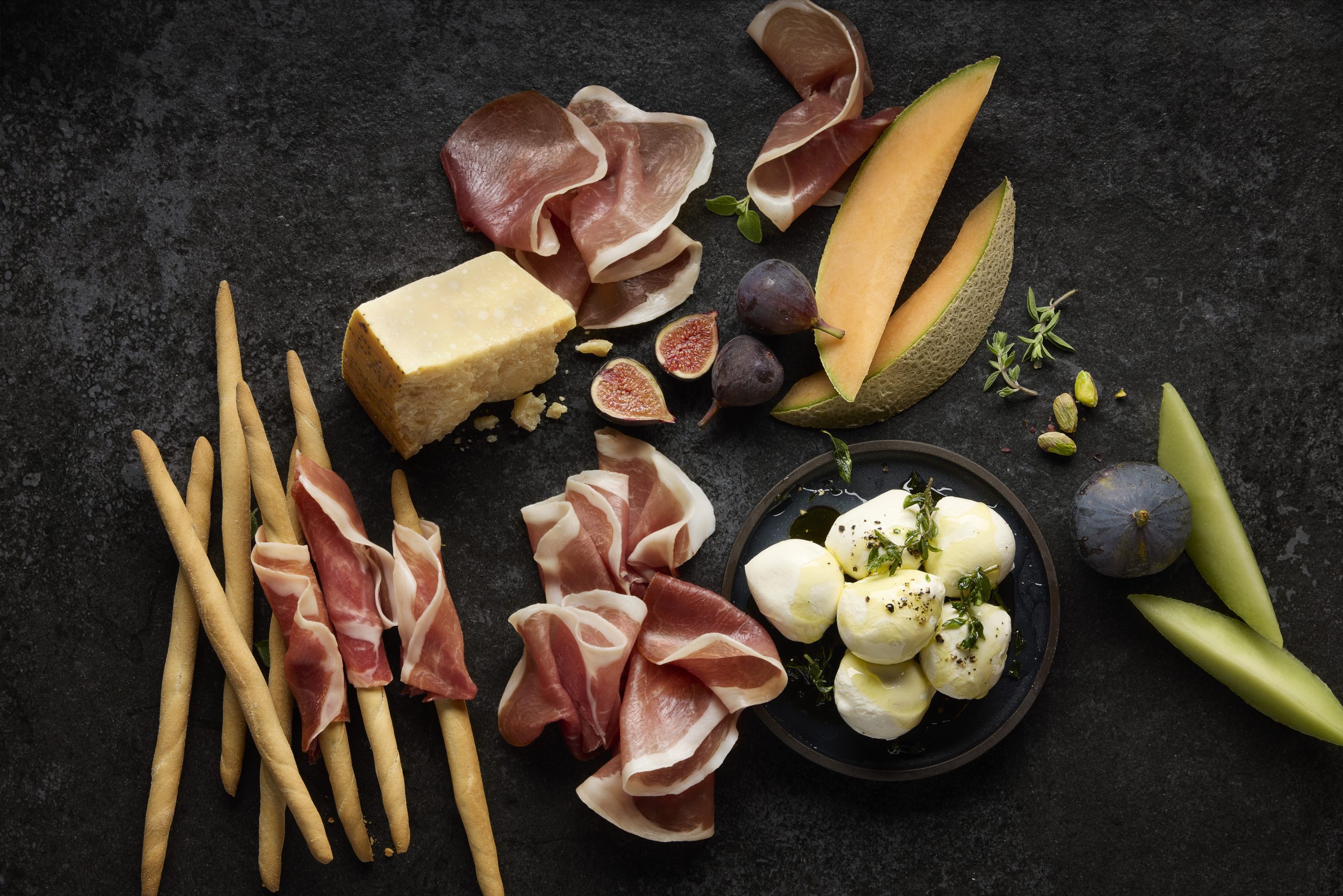

We are committed to making better food, taking care of our people, communities and animals and nurturing a better planet.
Making Better Food
Nutrition
We have a portfolio of leading brands, and we make healthy, affordable and sustainable food options that meet consumer needs without compromising on taste. In 2024:
- Schneiders® was the #1 brand in Packaged Meats in Canada
- Maple Leaf Prime® was the #1 brand in fresh poultry in Canada
- Mina® was the #1 Halal brand in fresh poultry in Canada
- Greenfield® was the #1 brand in Sustainable Packaged Meats in Canada (#3 in U.S.)
- Maple Leaf® was the #2 brand in Packaged Meats in Canada
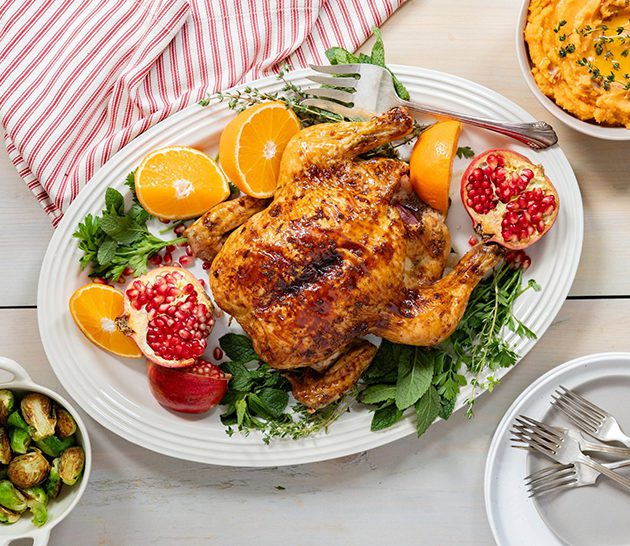

SOURCE: MARKET SHARE DATA SOURCE: TRACKED CATEGORIES; NIELSENIQ, MARKETTRACK, SPINS-IRI TOTAL MULO+NATURAL CHANNEL for L52 week period ending 12/28/2024.
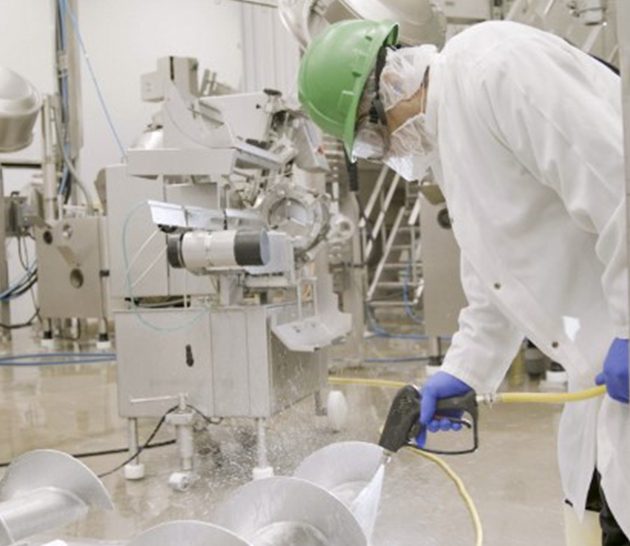

Food Safety
We have a long-standing commitment to become a world leader in food safety and advance consumer trust of the health and safety of the food we produce. We adhere to the highest food safety standards and are continuously seeking better ways to make our food as safe as possible. In 2024, we:
- Conducted more than 459,000 tests to measure food quality and safety
- Maintained GFSI certification across 100% of our facilities
- Improved our sanitation performance by 80% from 2019
- Exceeded our two food safety and quality targets by 30% and 56%, respectively
Packaging
Making our packaging sustainable is important in order to minimize the environmental impact of our products, reduce waste, and conserve resources. In 2024, we:
- Launched our line of Maple Leaf Prime® Raised Without Antibiotics frozen chicken offerings with a new resealable bag, resulting in a 75% reduction in packaging
- Maintained 30% recycled content across plastic packaging by weight (2021 baseline)
- Continued to explore eco-friendly packaging alternatives that use fewer materials and generate less waste across the product lifecycle
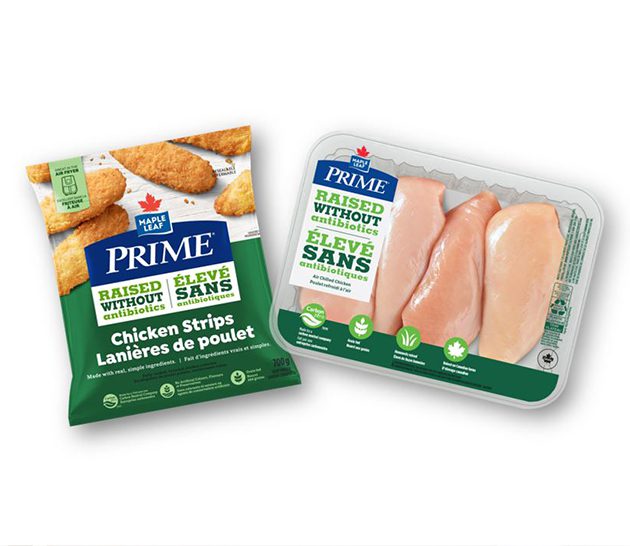



Taking Care
People
We are committed to ensuring that the Company, our Team Members, and our suppliers demonstrate the highest standards of ethics and integrity in all business activities. Workplace health and safety, diversity and inclusion, and growth opportunities are also top priorities for us to create a workplace where everyone feels valued, supported, and empowered to thrive. In 2024, we:
- Completed 11 social compliance audits
- Maintained 44% women representation in management outside of manufacturing
- Achieved a Total Recordable Incident Rate (TRIR) of 0.37 — a 94% improvement from 2012
- Launched our Maple Leaf Leadership Model


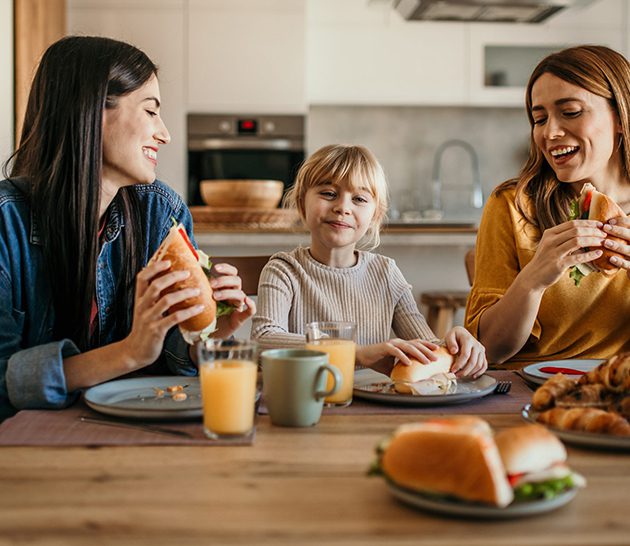

Communities
At Maple Leaf Foods, we want to engage all of our people in the communities in which we live, work, and play. We are collaborating across sectors to raise awareness of food insecurity, advocate for critical policies and invest in scalable programs required to reduce food insecurity. In 2024:
- The Maple Leaf Centre for Food Security has committed $13.3 million to over 40 initiatives seeking to address food insecurity to-date
- The Maple Leaf Centre for Food Security partnered with MakeWay and other funders to support the development of the Sîhtoskâtowin Program, which helps indigenous-led projects that address food security in northern Saskatchewan
- Maple Leaf Foods had Team Members that volunteered in over 33 communities across Canada
Animals
We have strong values that deeply define our culture and how we operate. These values extend to how we treat the animals we raise or source. We have significantly enhanced governance, investment and operational focus to build a world-class animal welfare program. In 2024, we:
- Achieved 98.9% reduction in antibiotics usage across our hog operations since 2014
- Maintained environmental enrichments in 100% of our owned sow, nursery and finisher barns
- Provided 100% of our owned sow spaces with open sow housing according to the NFACC Code of Practice and Canadian Pork Excellence PigCARE standards
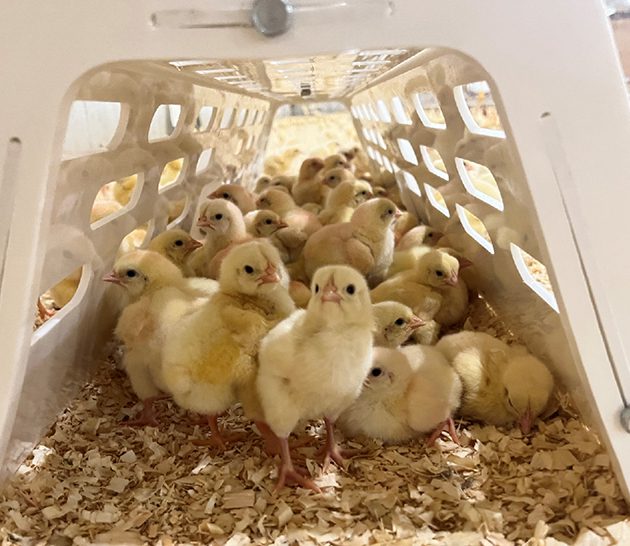

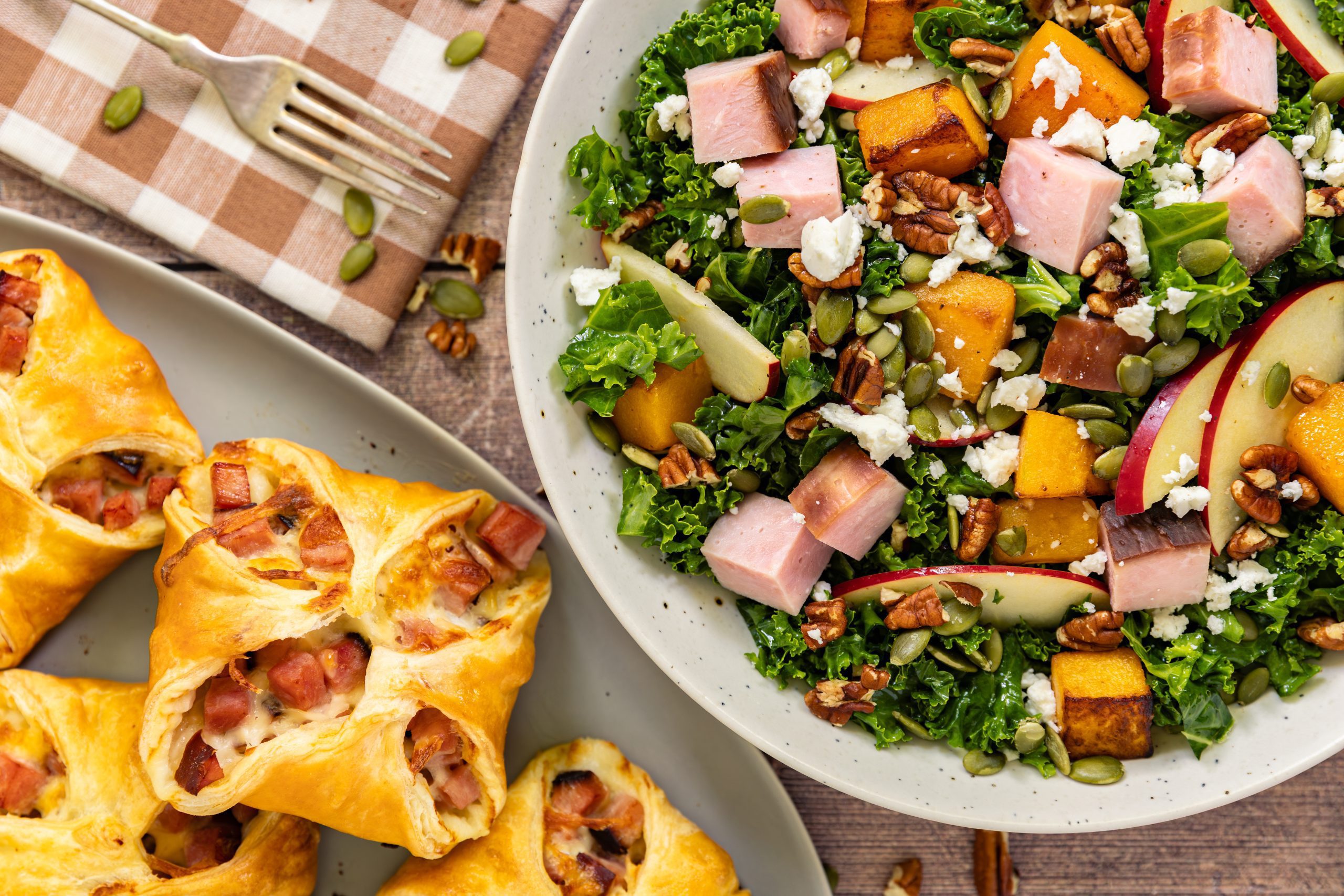

Nurturing a Better Planet
Climate and Nature
We recognize the deep interconnections between climate change and nature loss and understand the urgency for action to prevent catastrophic changes to our climate and to nature and biodiversity. In 2024, we:
- Reduced our absolute Scope 1 & 2 emissions by 5.1% from 2018
- Reduced our scope 3 emissions intensity by 15.6% from 2018
- Supported 19 high-impact environmental carbon offset projects across North America that help us neutralize our remaining, unavoidable emissions
- Supported regenerative agriculture practices on ~250,000 acres within our crop supply chain
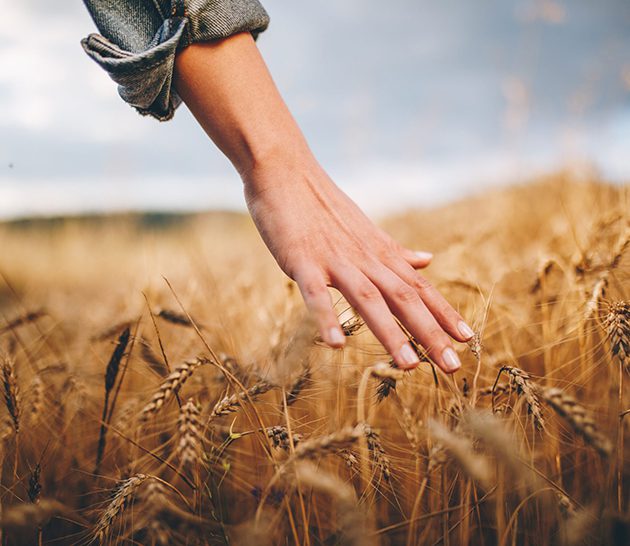



Water
Water is essential for many activities in the food system, including agriculture, food processing and consumption. We continue to focus on ways we can reduce our water use at our facilities and barns, prevent negative impacts on local waterways from our operations and supply chain, and adhere to the strict provincial regulations for proper manure management. In 2024, we:
- Supported the Lake Winnipeg Basin Water Stewardship Project that engaged roughly 30,000 acres across four farms to identify, measure and document year over year outcomes from implementation of water stewardship practices on farm
- Completed a water risk assessment of our operations and the basins we operate in using the WWF Water Risk Filter
Waste
Solid waste and food waste sent to landfill have detrimental effects on the environment and local communities. Reducing the production of solid waste at our facilities, improving our landfill diversion rate, and reducing the amount of food loss and waste arising from our business are top priorities. In 2024, we:
- Achieved a strong company-wide landfill diversion rate of 94.1%
- Had three facilities reach 100% landfill diversion
- Diverted 98.3% of food waste from landfill, redirecting it to be made into animal food or sending it to biodigestors or composting facilities
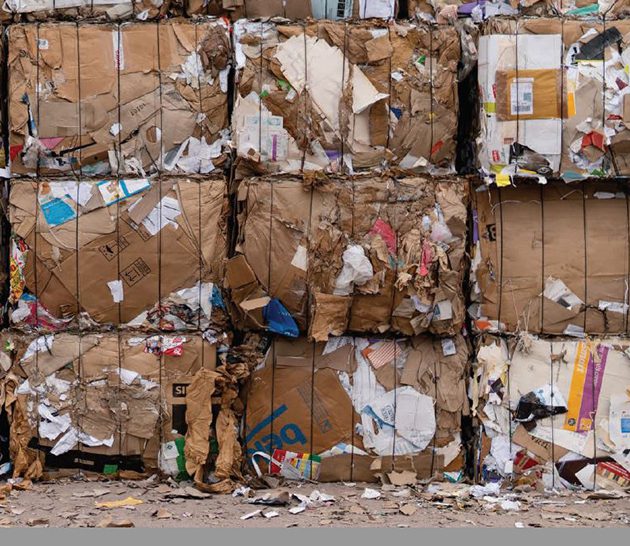

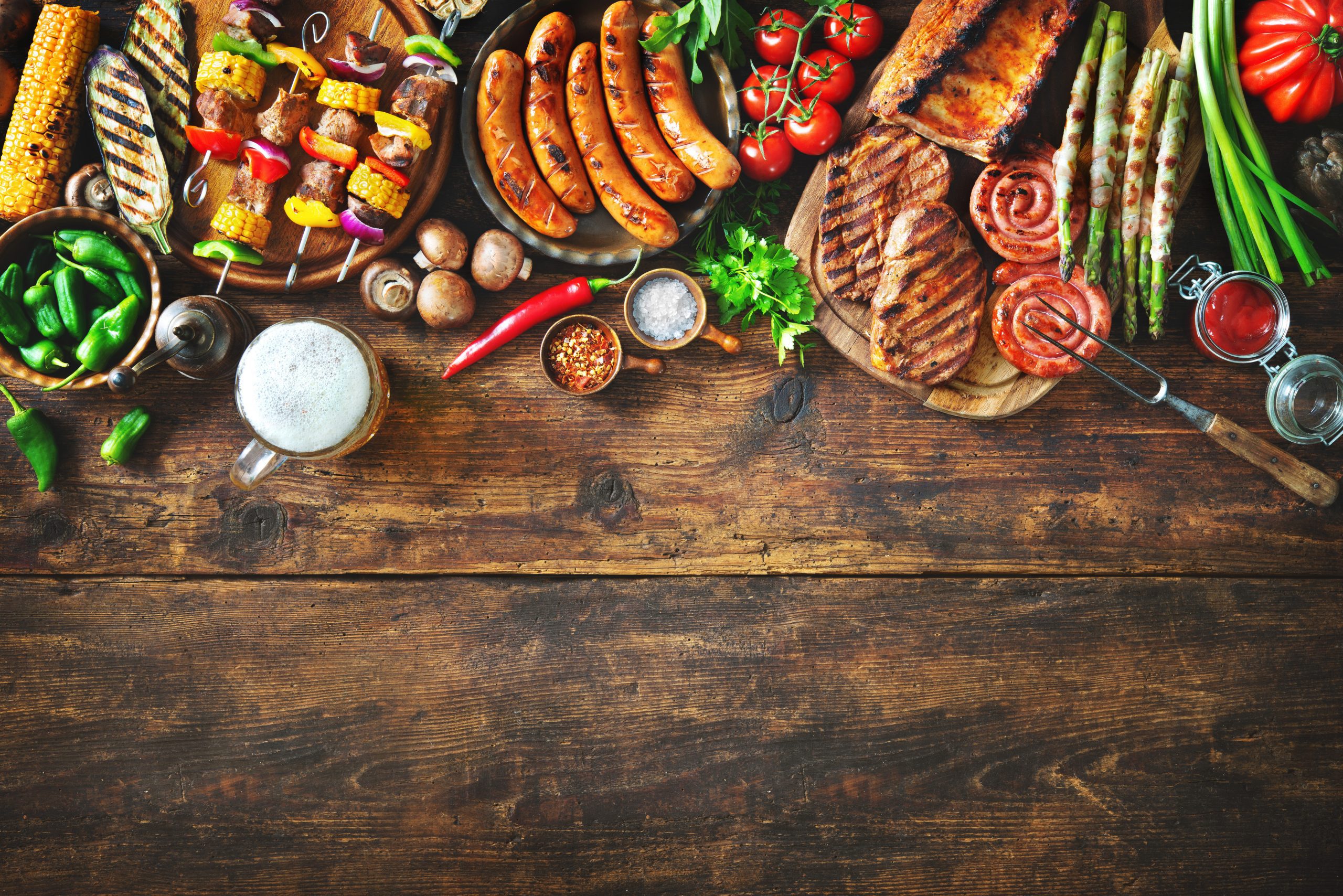

Integrated Report
We’re documenting all the changes we’re making. See our progress in our latest Integrated Report.
